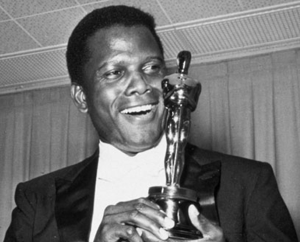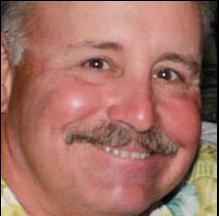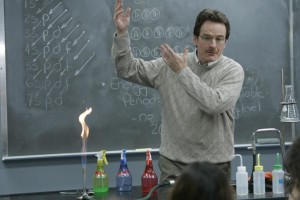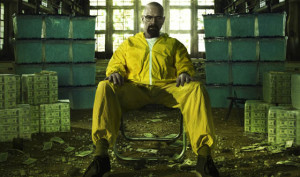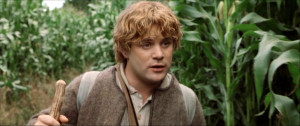 With all the great heroes and villains in the world to choose from, why would I focus on Samwise Gamgee?
With all the great heroes and villains in the world to choose from, why would I focus on Samwise Gamgee?
Because he’s awesome.
The Lord of the Rings is one of the great fantasy works of all time, and it’s full of larger-than-life characters. We all love the elves, with their grace and beauty. Gandalf is a mystery who captivates our imagination, and Aragorn inspires us with his bravery in the face of evil.
And then there’s Sam.
 He starts the story as a side-kick, and seems content with his role. He’s an often comic character. He’s not very smart, and he knows it. He accepts that his place in the world is not to be the hero, but to be the hero’s cook, assistant, and bodyguard. And yet, he demonstrates in his simple way that heroes are not always the great warriors, with the flashy armor or dazzling magic. Heroes get the job done.
He starts the story as a side-kick, and seems content with his role. He’s an often comic character. He’s not very smart, and he knows it. He accepts that his place in the world is not to be the hero, but to be the hero’s cook, assistant, and bodyguard. And yet, he demonstrates in his simple way that heroes are not always the great warriors, with the flashy armor or dazzling magic. Heroes get the job done.
That’s what Sam does, without complaint and without hesitation.
Everyone I’ve talked to loves Sam. I think it’s because we see in him a character we can absolutely relate to. Any one of us could be Sam, and that’s inspiring because Sam represents the best qualities many of us strive to live.
Who is Samwise Gamgee?
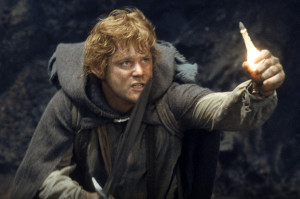 He is a gardener who love the simple joy of green, growing things.
He is a gardener who love the simple joy of green, growing things.
He loves to eat fine foods and to enjoy life.
He is humble and knows he’s not a great hero, even though he really is.
He’s absolutely loyal.
He’s determined and does not waver.
He knows what’s right, and he’s committed to seeing it done.
He doesn’t let himself get discouraged or depressed or negative
His view of the world is not clouded by shades of gray. He can see dangers that his master willingly overlooks.
He is brave when he needs to be.
He keeps his word and refuses to take the easy way out.
Sam is there to support and assist his master, and when his master falters, to remind him why they must push ahead, despite resistance:
“There’s some good in this world, Mr. Frodo, and it’s worth fighting for.”
When given the chance to turn around and go home, he refuses:
“I made a promise! A promise.”
 When Frodo says, “I’m going to Mordor alone, Sam,”
When Frodo says, “I’m going to Mordor alone, Sam,”
Sam says, “Of course you are. And I’m coming with you!”
Here’s to the little guys whose simple, unwavering goodness can thwart the evils of the world. After all, Sam is one of the few characters who actually got the girl and lived happily ever after.
We all wish for friends like Sam.
Let’s hope we are that kind of friend.
About the Author: Frank Morin

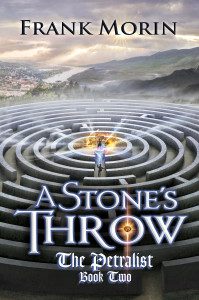 Frank Morin loves good stories in every form. When not writing or trying to keep up with his active family, he’s often found hiking, camping, Scuba diving, or enjoying other outdoor activities. For updates on upcoming releases of his popular Petralist YA fantasy novels, or his fast-paced Facetakers scifi time travel thrillers, check his website: www.frankmorin.org
Frank Morin loves good stories in every form. When not writing or trying to keep up with his active family, he’s often found hiking, camping, Scuba diving, or enjoying other outdoor activities. For updates on upcoming releases of his popular Petralist YA fantasy novels, or his fast-paced Facetakers scifi time travel thrillers, check his website: www.frankmorin.org

